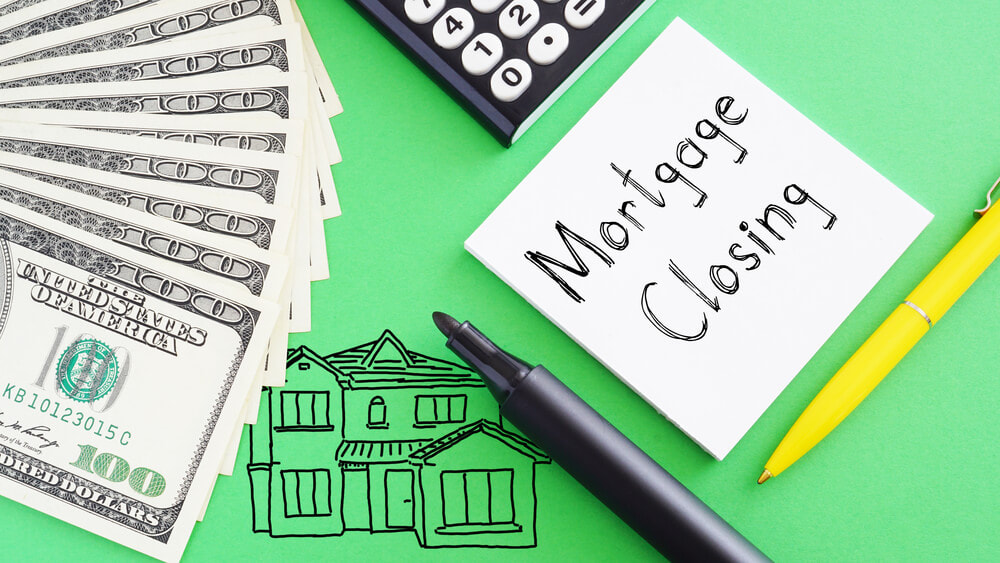It’s an attractive option to get a cash out refinance, but is it worth it? Here’s what you need to know before you take that financial leap.
Cash Out Refinance: What Is It?
It turns your home’s equity into ready cash. To do that, your current mortgage is replaced with a higher mortgage. Unlike a regular closing, with a cash out refi, you receive a lump sum payment.
You can use this money for home remodeling, consolidating high interest rate credit cards, college tuition, and more.
How Much Money Can You Get with a Cash Out Refinance?
However, the amount of money you can cash out depends on the property type. If you’re buying a multi-family home, lenders allow up to 75% of its value.
For FHA, the cash out in a refinance is up to 80%. And for a VA loan, if you qualify, you can borrow the whole amount of your home’s equity.
How Does a Cash Out Refinance Work?
That’s why it’s important to figure out how much cash you’ll need ahead of time. In short, plan and research. Don’t wing it with the amount you think you’ll need.
Do You Qualify for a Cash Out Refinance?
Shop at least three different lenders before making a decision. This will help you get a sense of what you qualify for and what you can afford.
One rule of thumb: If you can’t get a lower interest rate than the one you currently have, think twice before making this financial commitment. It may not be worth tapping into your home’s equity.
Pros and Cons: How to Know If a Cash Out Refinance Makes Sense
This lowers your overall cost of borrowing money.
Other benefits include using your cash out money to consolidate debt. This can help elevate your credit score. Lastly, if you use the money for home improvement, you could take advantage of tax deductions such as interest deduction.
On the flipside, a cash out refi is not worth it if your interest rate might go up. The whole reason homeowners refinance is to lower their interest rate. If the refi increases the rate, it’s not a good move.
Other possible disadvantages are this:
Making payments for decades—If you’re using the money to consolidate debt, make sure you aren’t making payments for decades on end!
As chief financial analyst for Bankrate, Greg McBride says, “Keep in mind that the repayment on whatever cash you take out is being spread over 30 years, so paying off higher-cost credit card debt with a cash-out refinance may not yield the savings you’re thinking.” That’s good advice!
You’re at a greater risk of losing your home--A cash out refi INCREASES your mortgage balance. If you cannot repay the bigger loan balance, you risk foreclosure.
Bottom line: Don’t take out more money than you need. And just as important, make sure you’re using the money for purposes than improve your financial situation, not worsen it.
Is a Cash Out Refinance Worth It?
Cash out refinancing then becomes one of the cheapest, most cost-effective way to pay off large expenses.
In short, if used wisely, a cash out refinance makes sense. Just do your homework before you decide!
When you’re ready to close on your refinance, turn to Lilly Title & Settlement. We’re obsessed with legal details so your closing goes smoothly.

 RSS Feed
RSS Feed